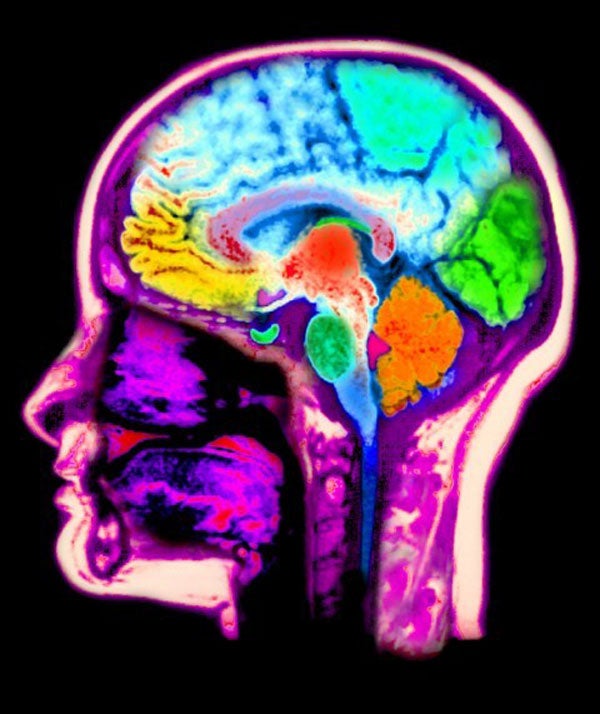We could wipe memories of drug addicts, says top Cambridge neuroscientist
In one study, the team diminished drug seeking behaviours by obstructing a brain chemical receptor linked to memory

Your support helps us to tell the story
From reproductive rights to climate change to Big Tech, The Independent is on the ground when the story is developing. Whether it's investigating the financials of Elon Musk's pro-Trump PAC or producing our latest documentary, 'The A Word', which shines a light on the American women fighting for reproductive rights, we know how important it is to parse out the facts from the messaging.
At such a critical moment in US history, we need reporters on the ground. Your donation allows us to keep sending journalists to speak to both sides of the story.
The Independent is trusted by Americans across the entire political spectrum. And unlike many other quality news outlets, we choose not to lock Americans out of our reporting and analysis with paywalls. We believe quality journalism should be available to everyone, paid for by those who can afford it.
Your support makes all the difference.Substance abusers could have their memories of drug addiction wiped in a bid to stop them using illegal narcotics, an award-winning neuroscientist has said.
According to new research by Cambridge University’s Professor Barry Everitt: disrupting the memory pathways of drug users could weaken powerful “compel” cravings, reduce “drug seeking behaviour” and open a new field of addiction therapy.
Professor Everitt, who is this year’s joint winner of the prestigious Fondation (CORR) Ipsen Neuronal Plasticity Prize, told this week’s Federation of European Neuroscience Societies (FENS) how his research in rodents had found that targeting “memory plasticity” in rats was able to reduce the impact of maladaptive drug memories.
He added that this knowledge could offer a radical new method of treatment of drug addiction in humans, where researchers have already established that the path to addiction operates by shifting behavioural control from one area of the brain to another. This process sees drug use go from a voluntary act to a goal directed one, before finally becoming an compulsive act.
It was this process that Professor Everitt's research is trying to “prevent” by targeting “maladaptive drug-related memories” to “prevent them from triggering drug-taking and replaces”.
In humans this could potentially be done by blocking brain chemicals.
“It's the emotional intrusiveness of drug and fear memoirs that can be diminished, rather than an individual's episodic memory that they did in the past take drugs or had a traumatic experience,” he told The Independent. “Conscious remembering is intact after consolidation blockade, but the emotional arousal [that] leads to drug seeking or distressing feelings of fear that are diminished.”
His research group discovered that when drug memories are reactivated by retrieval in the brain, they enter a pliable and unstable state. By putting rats in this state Professor Everitt was able to prevent memory reconsolidation by blocking brain chemicals or inactivating key genes.
In one study, the team diminished drug seeking behaviours by obstructing a brain chemical receptor linked to learning and memory, thus erasing memories, while in another study it found they could weaken drug use memories by altering a particular gene in the amygdala, a brain area processing emotional memory.
“Of course, inactivating genes in the brain is not feasible in humans,” the professor told FENS. “So we’re directing our research to better identify the underlying brain mechanisms of memory reconsolidation.”
He added: “We specifically examined how we could target these maladaptive drug-related memories, and prevent them from triggering drug-taking and relapse.”
Join our commenting forum
Join thought-provoking conversations, follow other Independent readers and see their replies
Comments